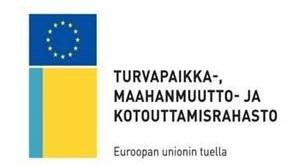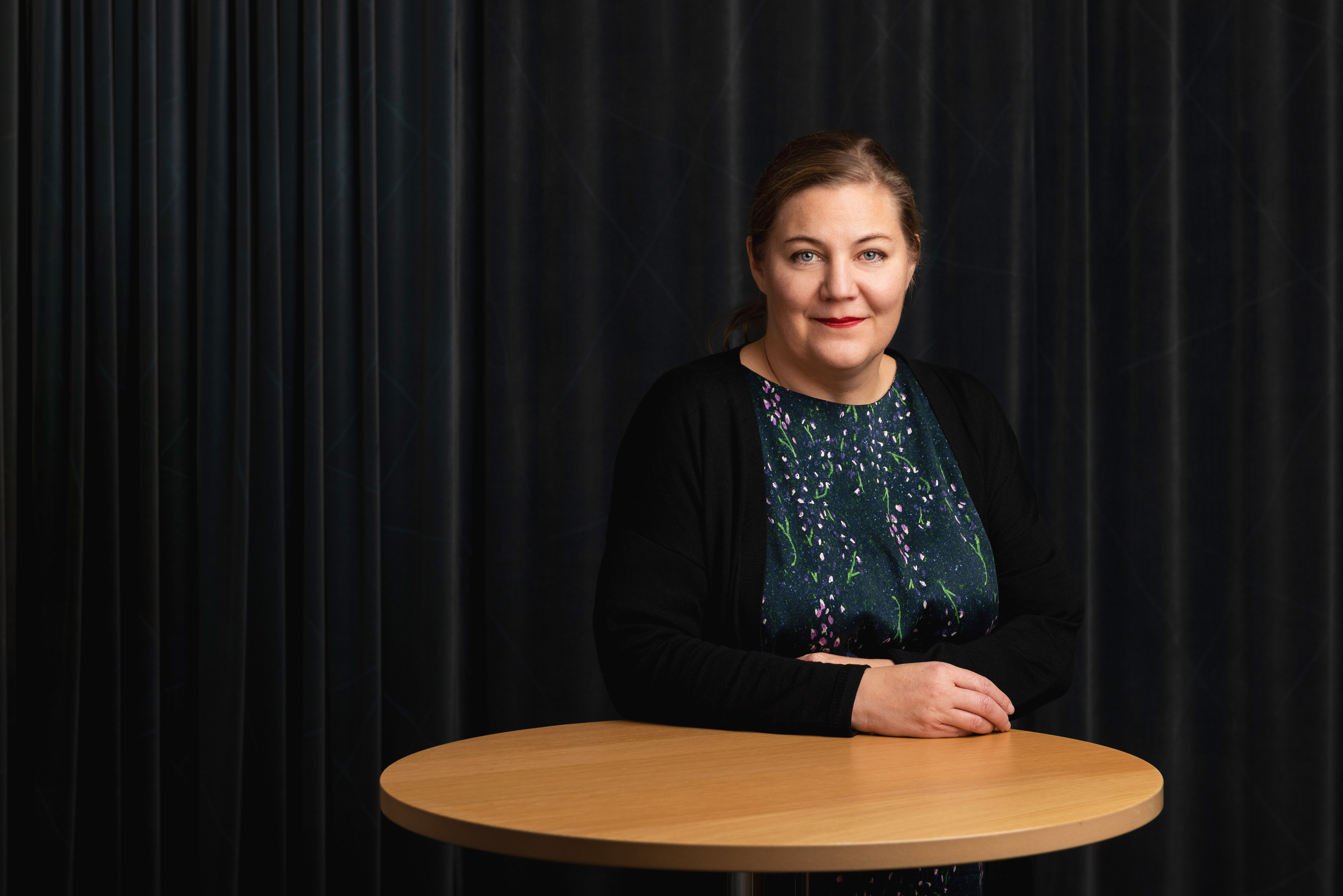Improvements needed for identifying persons in a vulnerable position in connection with removal from the country
When processing applications submitted by people seeking international protection or a residence permit, it is of utmost importance to identify persons who are in a vulnerable position in order to provide them with the help they need and to ensure that their situation is taken into consideration by reception services and during the asylum and residence permit process. An applicant who is a victim of torture or has been otherwise traumatised may need health care or other services, and their access to legal aid should be ensured as early possible. Identification is important to provide the authority making the decision with sufficient and accurate information on the situation of the applicant. The vulnerable position of an applicant is legally significant and may have a bearing on whether or not the applicant is granted asylum or a residence permit.
Last autumn, the Office of the Non-Discrimination Ombudsman launched a project funded by the EU Home Affairs Funds (AMIF). The objective of the project is to enhance identification of persons in a vulnerable position and improve means for taking their special needs into consideration during return operations and their monitoring.
Persons in a vulnerable position include various groups and vulnerability can result from different factors, such as physical or psychological state of health. Persons who have been subjected to torture, rape or other serious violence and victims of human trafficking are also considered to be in a vulnerable position. Children who are seeking asylum require special protection and are always in a vulnerable position. The law also recognises single parents of minor children, pregnant persons, persons with disabilities, victims of human trafficking and older persons as being in a vulnerable position.
Not all persons in a vulnerable position are granted a Finnish residence permit or asylum in Finland. Some of those who receive a negative decision leave the country on their own and some are removed from the country by the police. According to the Aliens Act and guidelines issued by the Police of Finland, enforcement of a forced return must be initiated without undue delay, however, factors that postpone or prevent the enforcement must also be acknowledged. The vulnerable position of a person and any related special needs must be taken into account during all stages of the return process.
In carrying out monitoring activities related to return operations, the Non-Discrimination Ombudsman has observed that identification of returnees in a vulnerable position is not consistent, which is why efforts are needed to improve the realisation of their rights. Monitoring draws attention to issues observed in practice. It is also important to develop structures that enhance the identification of persons in a vulnerable position as well as appropriate consideration of their needs.
The project aims to develop good practices and suggestions for improvements to better realise the rights of persons being returned. The goal is to provide more information and improve understanding in order for the police to take vulnerability more consistently and effectively into consideration in the future. The funding for the project allows us to investigate discovered issues in more detail and develop our own monitoring practices and competence on issues related to persons in a vulnerable position.
When conducting our monitoring activities, we have observed that taking a person’s vulnerable position into consideration in connection with removal from the country may require for current practices to be examined and improved. The solution may sometimes be very simple. For example, more time is often required to return a person who is in a vulnerable position to ensure that they can be returned in a humane manner taking their basic human rights into consideration.
Making appropriate accommodations related to a person’s state of health requires that the authority responsible for the return is informed about the date of return well in advance. Sometimes a forced return needs to be postponed or rescheduled to appropriately investigate the situation of the person being returned. If an assessment of a child’s best interests or need for child welfare services has not been initiated or completed the police must wait for the matter to be investigated. If new information has been submitted to the authority making the decision (a court of law or the Finnish Immigration Service), it is usually necessary to wait for the authority to issue a decision or an assessment. When returning a victim of human trafficking, it must be determined how the person can access the support they need in the country of destination.
Our project goal is to find structural solutions that improve the realisation of rights of persons in the most vulnerable position during enforcement of removal from the country. We must strive for this to ensure that approaches based on fundamental and human rights are used in all stages of the residence permit and asylum application process.


